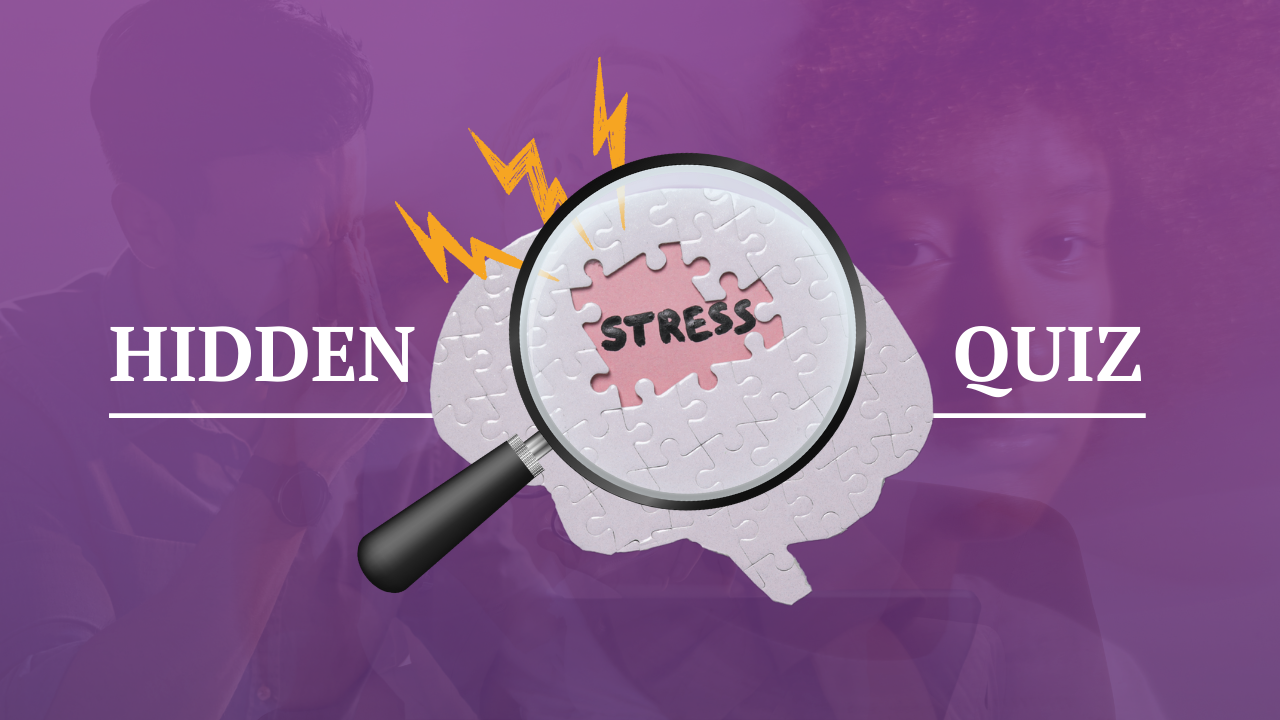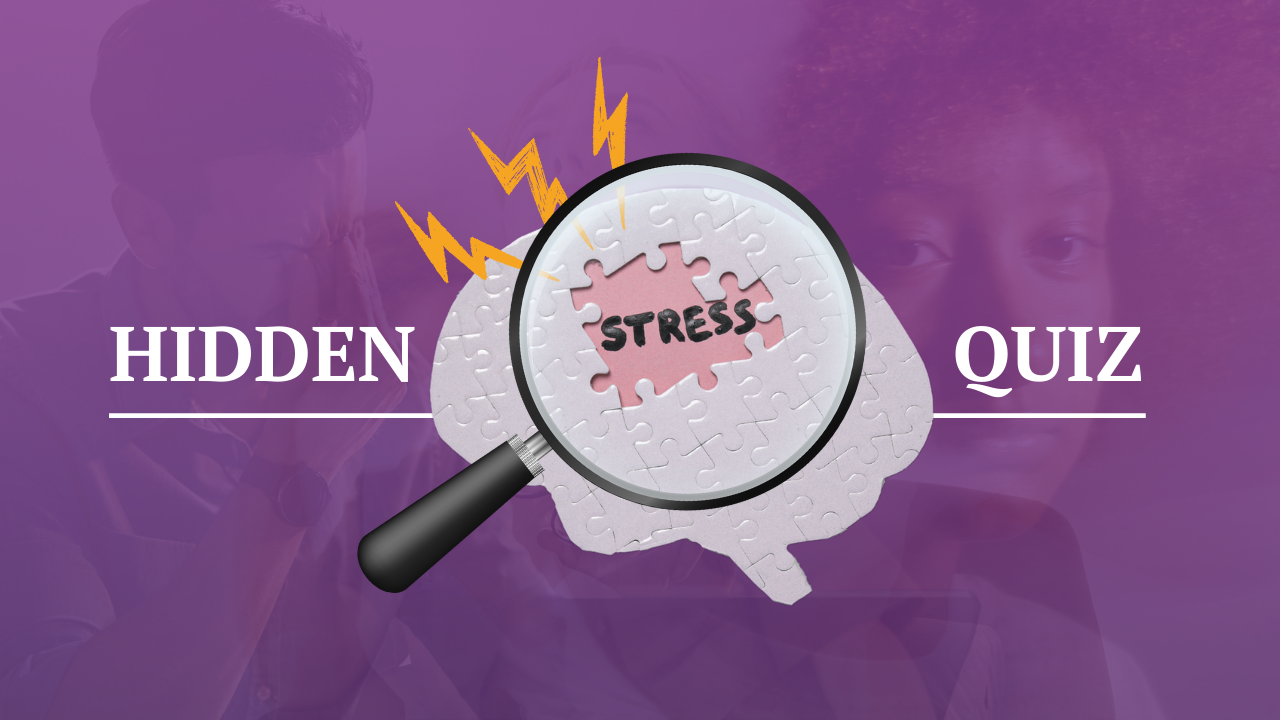Calm Amidst the Chaos: How I Empower NYC Hostage Negotiators with Mental Health Insights and Deep Breathing Techniques
Jul 03, 2024
I’ve had the unique privilege of working with the New York City Hostage Negotiators. My role involves training these dedicated officers on mental health and mental illness, emphasizing the critical importance of officer wellness. A significant part of my training focuses on the power of deep breathing, which is essential for maintaining composure and effectiveness in high-stress situations. I had the pleasure of training the 34th class recently. Let me share my journey with these extraordinary professionals and how we use breath control to stay level-headed.
Understanding the Stakes
Hostage negotiation is one of the most stressful and high-stakes roles in law enforcement. Negotiators are the lifeline between the hostage-taker and the hostages, often making split-second decisions that can mean the difference between life and death. The pressure is immense, and the emotional toll can be overwhelming. Recognizing the need for mental resilience, I introduced a holistic approach combining mental health education and practical techniques like deep breathing to help negotiators stay calm and focused.
The Science Behind Stress and Breath Control
Before diving into the techniques, it's essential to understand the science behind stress and breath control. The fight-flight-freeze response is our body’s natural reaction to perceived threats. When faced with danger, the sympathetic nervous system kicks in, releasing stress hormones like adrenaline and cortisol, which prepare the body to fight, flee, or freeze (Sapolsky, 2004). While this response can be lifesaving in certain situations, it can also cloud judgment and impair decision-making in hostage negotiations.
Deep breathing activates the parasympathetic nervous system, which counters the stress response by promoting relaxation and calm (Jerath, Edry, Barnes, & Jerath, 2006). By consciously controlling their breath, negotiators can reduce the physical symptoms of stress, such as rapid heart rate and shallow breathing, allowing them to remain composed and think clearly under pressure.
Studies have shown the effectiveness of these techniques in managing stress and anxiety. For example, Perciavalle et al. (2017) demonstrated that diaphragmatic breathing significantly reduces cortisol levels, enhancing emotional stability and cognitive clarity. Kox et al. (2014) found that box breathing activates the parasympathetic nervous system, reducing physiological arousal and promoting relaxation.
Studies have shown the effectiveness of these techniques in managing stress and anxiety. For example, Perciavalle et al. (2017) demonstrated that diaphragmatic breathing significantly reduces cortisol levels, enhancing emotional stability and cognitive clarity. Kox et al. (2014) found that box breathing activates the parasympathetic nervous system, reducing physiological arousal and promoting relaxation.
Mental Health Training for Hostage Negotiators
One of the primary components of my training is educating negotiators about mental health and mental illness. Understanding the psychological dynamics of both the hostage-taker and the hostages is crucial for effective negotiation. Here’s how we approach it:
- Recognizing Mental Illness: We train negotiators to identify signs of mental illness in hostage-takers, such as schizophrenia, bipolar disorder, and severe depression. This knowledge helps them tailor their negotiation strategies to de-escalate the situation effectively.
- Managing Personal Mental Health: Negotiators are also taught to recognize and address their mental health needs. This includes understanding the signs of burnout, secondary trauma, chronic stress, and PTSD, which are common in high-stress professions (Figley, 1995).
- Building Emotional Resilience: Techniques for building emotional resilience, such as mindfulness, peer support, and professional counseling, are integral parts of the training. Emotional resilience enables negotiators to cope with the psychological demands of their job and maintain their well-being.
Scenario Simulation
During our training sessions, we simulate high-pressure scenarios where negotiators can practice these breathing techniques. Here’s an example of how these practices come into play:
During our training sessions, we simulate high-pressure scenarios where negotiators can practice these breathing techniques. Here’s an example of how these practices come into play:
In one training session, we simulated a hostage scenario where the negotiator had to deal with a highly agitated and unpredictable hostage-taker living with schizophrenia. As the stress levels in the room escalated, I guided the negotiators through a quick diaphragmatic breathing exercise. We paused for a minute to focus on our breath—inhale deeply through the nose, hold, exhale slowly through the mouth. The shift in the room was palpable. Negotiators reported feeling more centered and able to approach the situation with renewed calm and clarity.
Working with the New York City Hostage Negotiators has been an incredibly rewarding experience. By combining mental health education with practical techniques like deep breathing, we’ve equipped these professionals with tools to manage their stress and enhance their performance. The science is clear: controlled breathing can significantly reduce anxiety, improve cognitive function, and help maintain composure in high-stakes situations.
The transformation I’ve witnessed in these negotiators underscores the power of these practices and this training. Whether you’re in law enforcement or any other high-pressure profession, incorporating breath control into your routine can make a profound difference.
Remember, the key to managing stress and maintaining peak performance lies in something as simple as your breath. So, take a deep breath, practice regularly, and face your challenges with calm and clarity.
References
Figley, C. R. (1995). Compassion fatigue: Toward a new understanding of the costs of caring. Psychosocial Stress Series, No. 23.
Jerath, R., Edry, J. W., Barnes, V. A., & Jerath, V. (2006). Physiology of long pranayamic breathing: Neural respiratory elements may provide a mechanism that explains how slow deep breathing shifts the autonomic nervous system. Medical Hypotheses, 67(3), 566-571.
Kox, M., van Eijk, L. T., Zwaag, J., van den Wildenberg, J., Sweep, F. C. G. J., van der Hoeven, J. G., & Pickkers, P. (2014). Voluntary activation of the sympathetic nervous system and attenuation of the innate immune response in humans. Proceedings of the National Academy of Sciences, 111(20), 7379-7384.
Perciavalle, V., Blandini, M., Fecarotta, P., Buscemi, A., Di Corrado, D., Bertolo, L., ... & Coco, M. (2017). The role of deep breathing on stress. Neurological Sciences, 38(3), 451-458.
Sapolsky, R. M. (2004). Why zebras don’t get ulcers: The acclaimed guide to stress, stress-related diseases, and coping. Holt Paperbacks.


